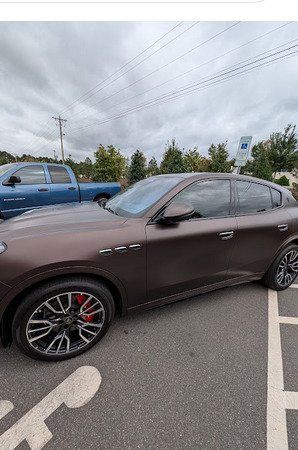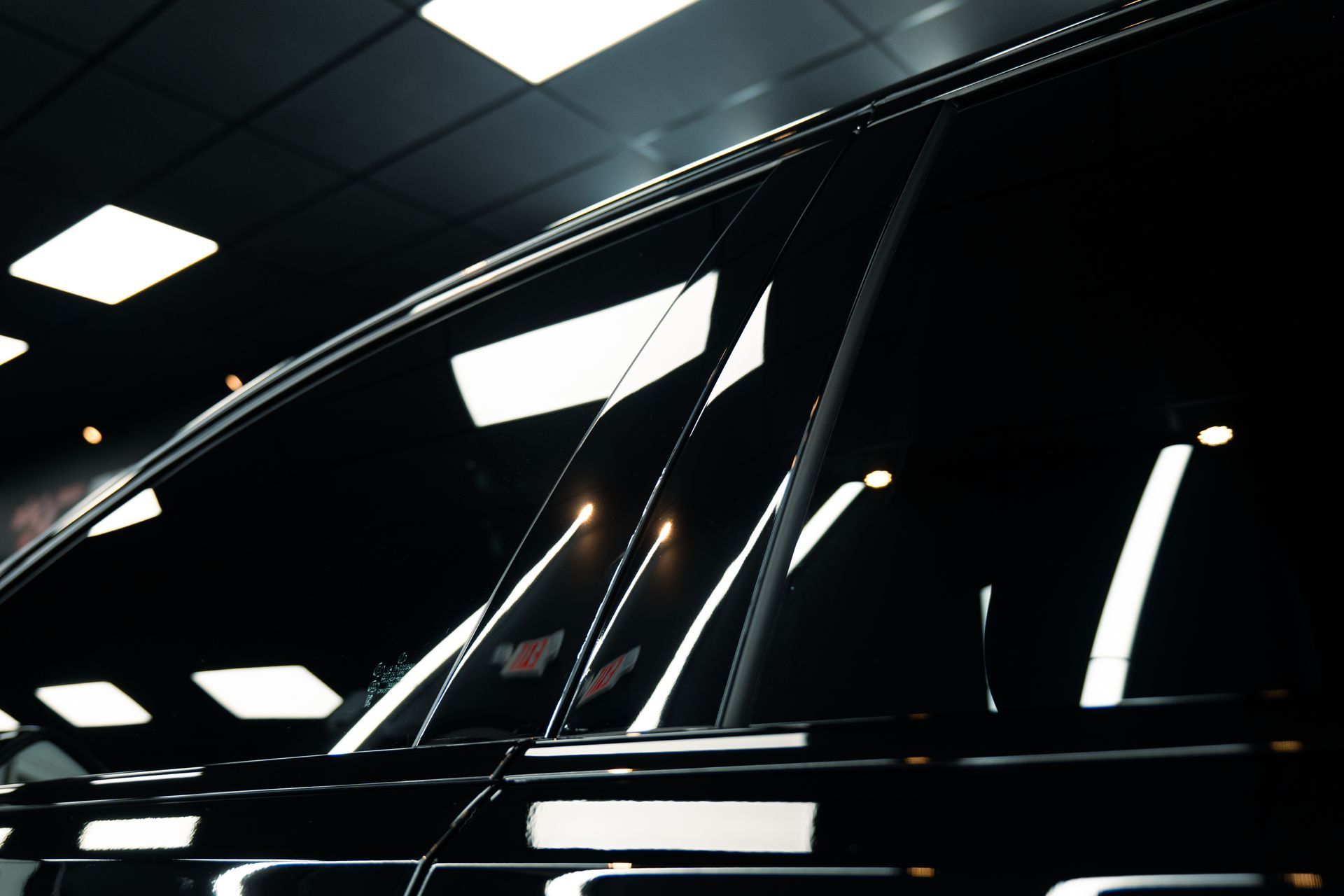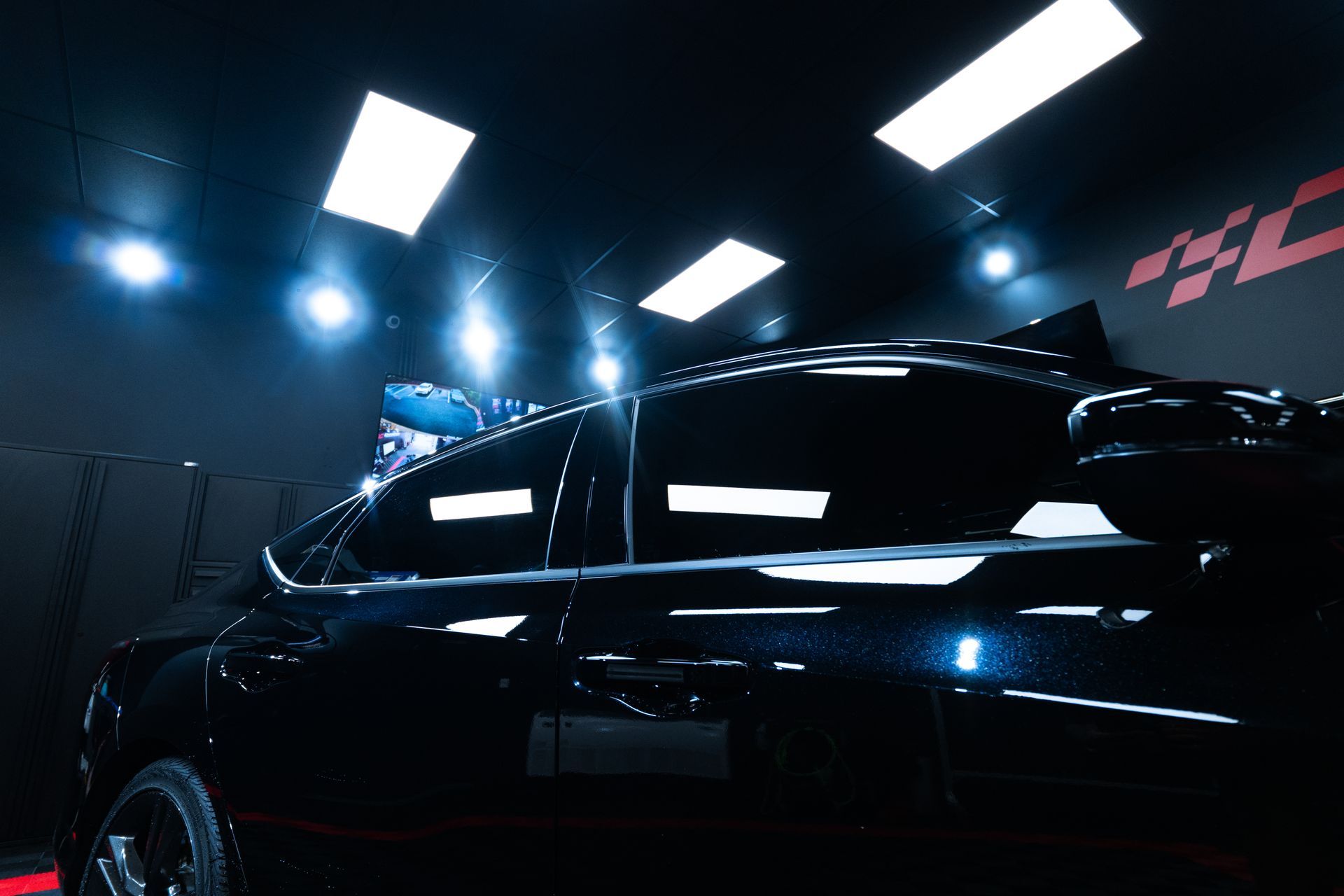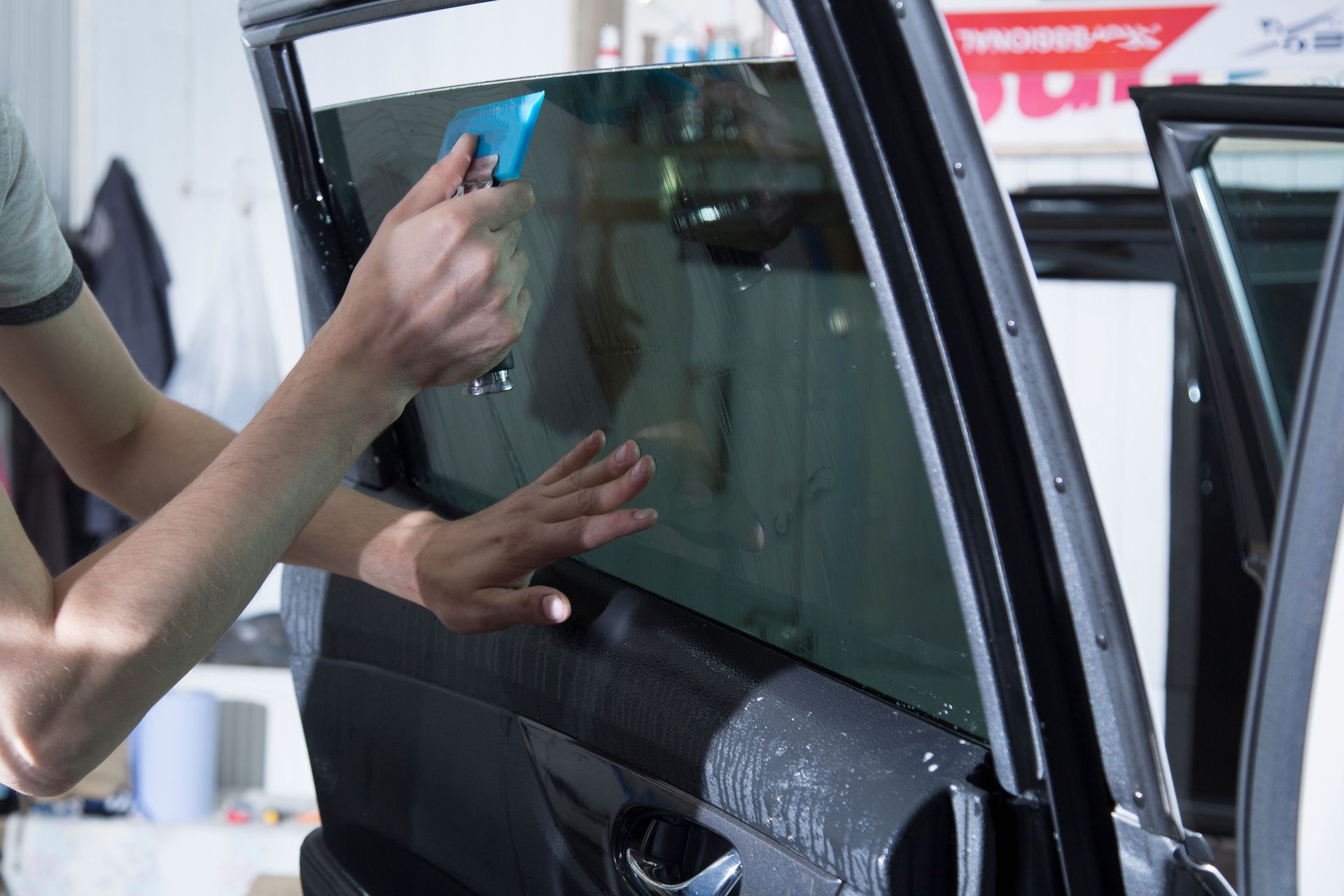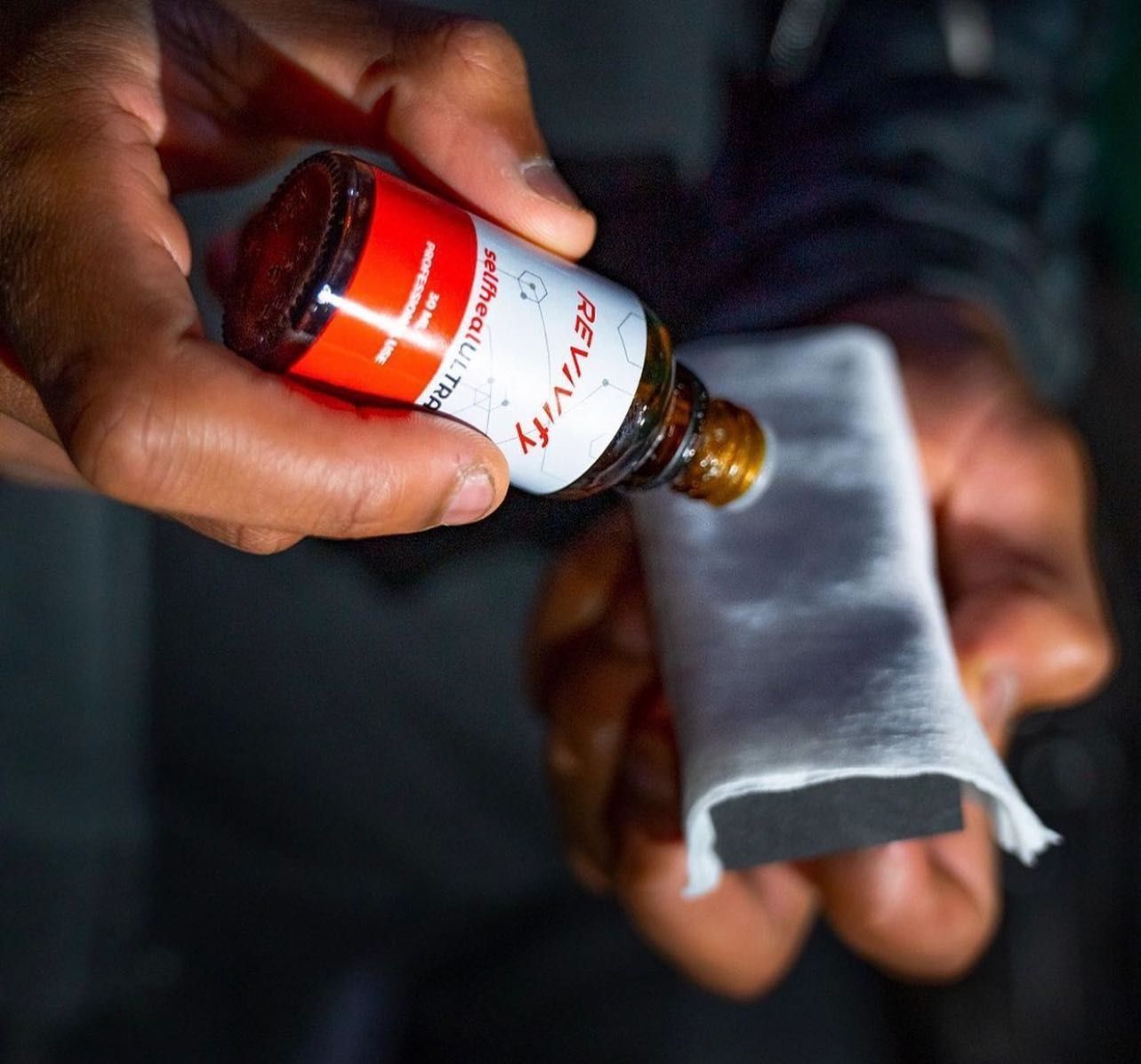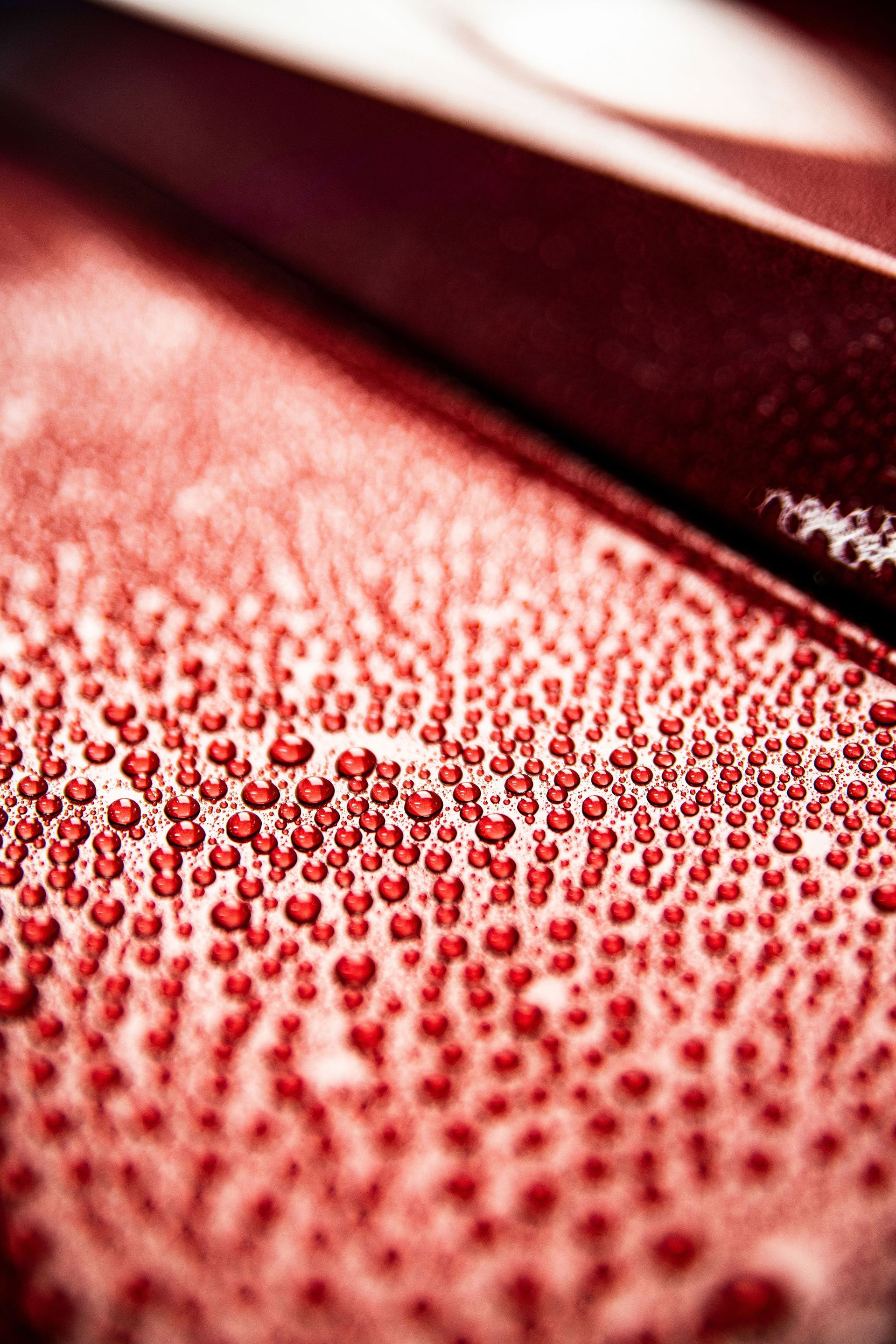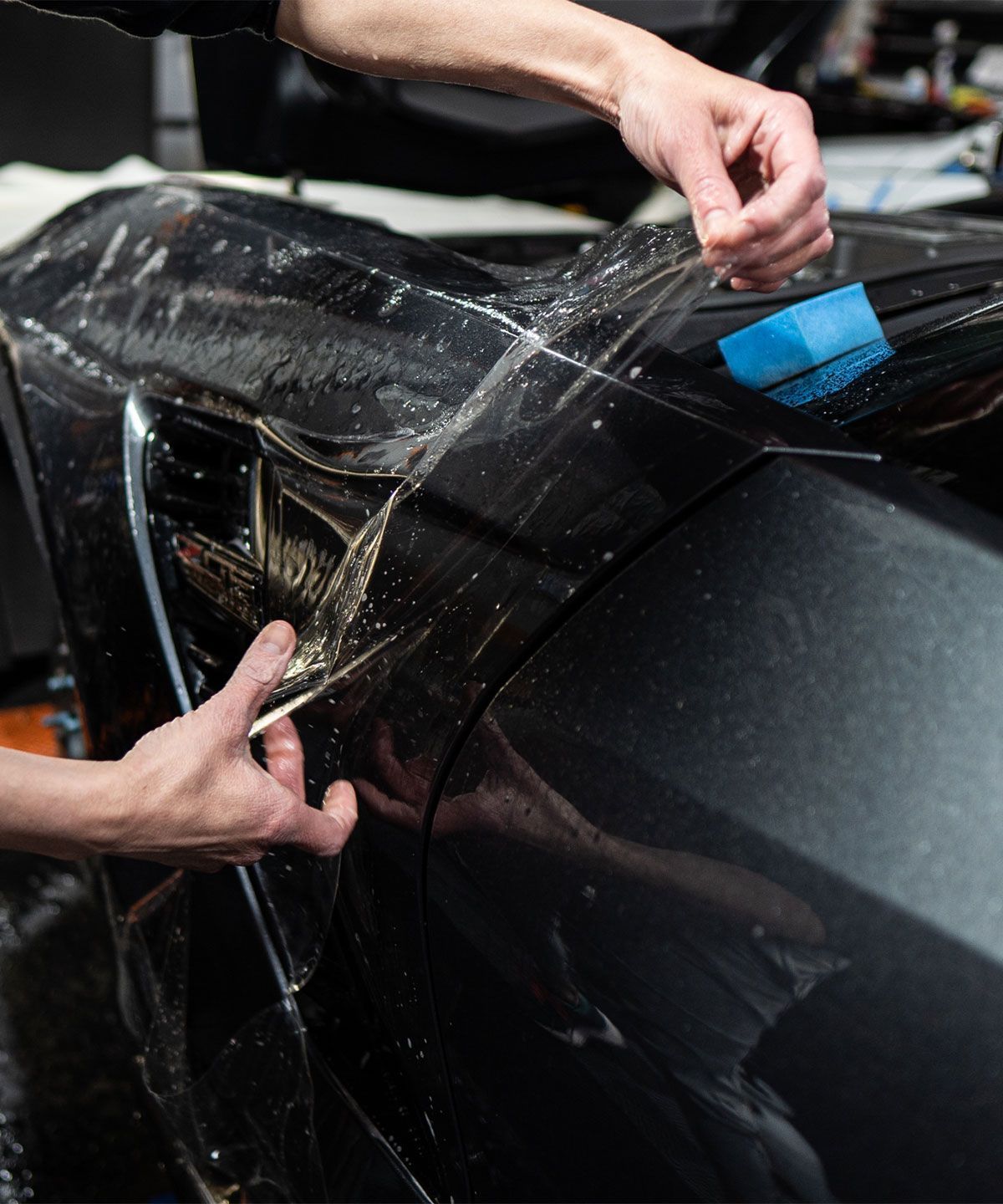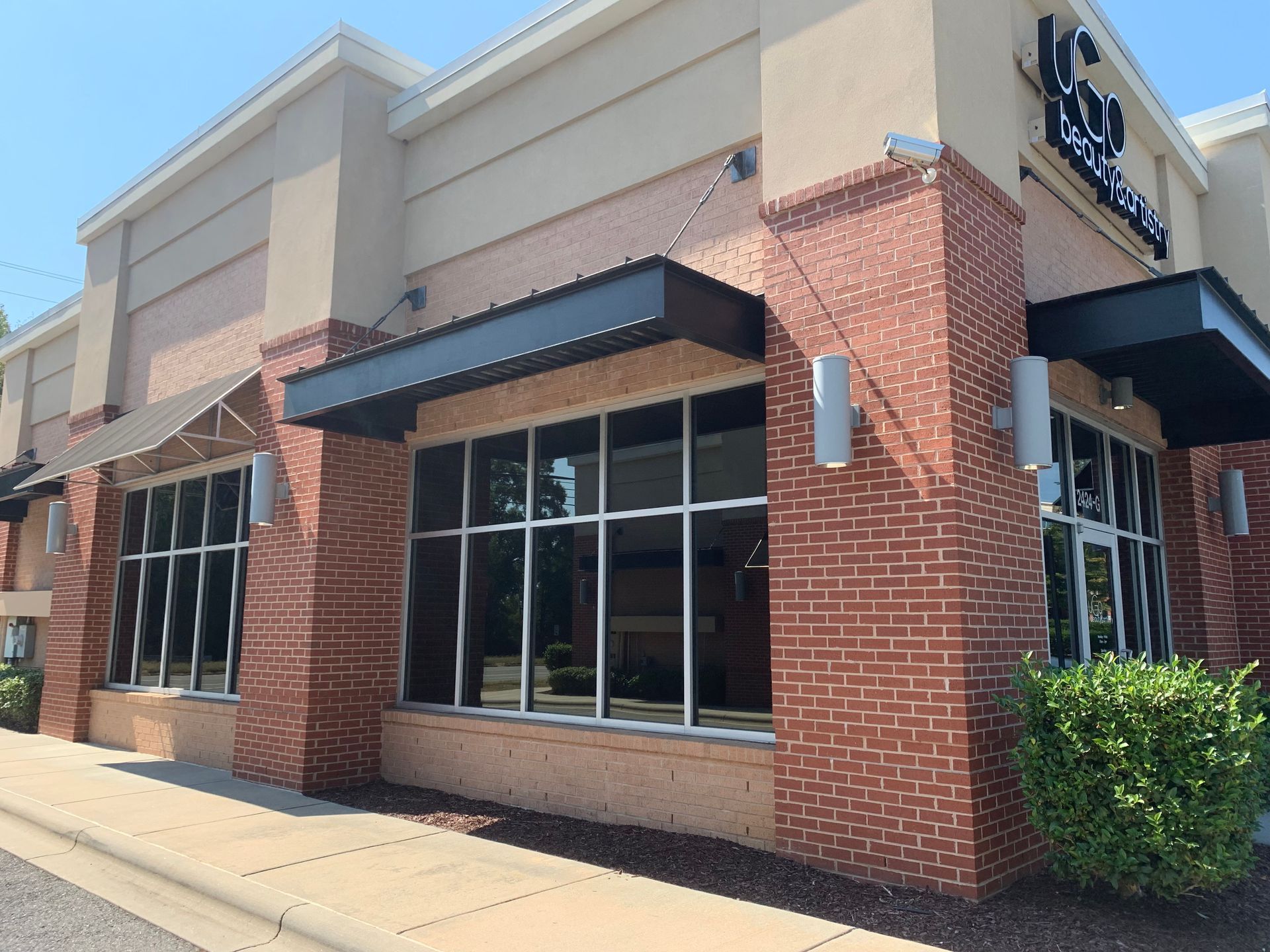If you're a driver in North Carolina, you’re likely familiar with window tint laws that regulate how dark your car windows can be. But what if you have a medical condition that requires darker window film than allowed by law?
In that case, you may qualify for a window tint exemption in NC. Understanding how the exemption process works, who qualifies, and what steps to take can help you stay both safe and compliant with state regulations.
What are the standard tint laws in North Carolina?
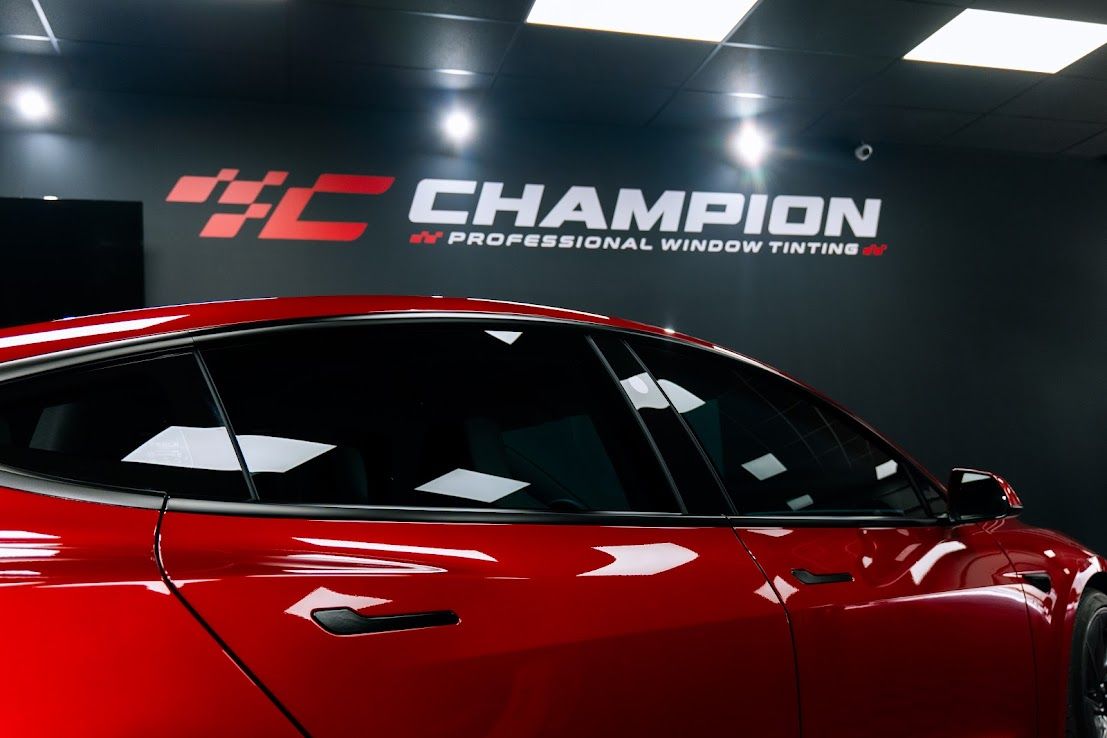
North Carolina tint laws ensure visibility and safety for drivers and law enforcement. The state measures tint darkness based on Visible Light Transmission (VLT), the percentage of light that can pass through a window.
Here’s a quick breakdown of what’s typically allowed for passenger vehicles:
- Front side windows: Must allow more than 35% of light in
- Backside and rear windows: Any darkness is allowed
- Windshield: Non-reflective tint allowed only on the top 5 inches
- Reflectivity: Tint must not be more than 20% reflective
- Mirrors: Dual side mirrors are required if the rear window is tinted
These rules define what is considered legal window tint in NC, unless you have a documented medical need.
Who qualifies for a medical tint exemption?
If you suffer from certain medical conditions that make sun exposure harmful or uncomfortable, you may qualify for a medical tint exemption in North Carolina. This includes conditions such as:
- Lupus
- Melanoma or skin cancers
- Sun allergies or photosensitivity disorders
- Certain ocular conditions that are aggravated by sunlight
The North Carolina Division of Motor Vehicles (NC DMV) provides a process for obtaining a tint waiver, which allows you to apply darker window film than is normally permitted by law.
Read more: Is it worth tinting the front windows?
How to get a tint waiver in NC
If you're wondering how to get a tint waiver in NC, here’s a step-by-step guide to help you through the process:
Step 1: Obtain the required medical form
You’ll need to download and complete Form MVR-93 from the NC DMV website. This is the official medical exemption application for window tint in North Carolina.
Step 2: Have your doctor complete the form
A licensed physician or optometrist must fill out the form and certify that you have a medical condition that justifies a darker tint. The form should include:
- Diagnosis of the condition
- Explanation of why an increased tint is necessary
- Physician’s signature and license number
Step 3: Submit the application
Mail the completed form to the North Carolina DMV Medical Review Program:
Medical Review Program
3106 Mail Service Center
Raleigh, NC 27699-3106
There is no fee for this application.
Step 4: Wait for approval
Once your application is received and reviewed, you’ll be notified of the decision. If approved, you will receive a certificate or letter that must be kept in your vehicle at all times.
Step 5: Install the appropriate tint
After receiving your window tint exemption in NC, you can have your windows tinted to a darker level than the standard legal limit. Be sure to visit a licensed tint installer who understands the exemption rules and can provide a certificate of installation.
What you should know after getting a tint exemption
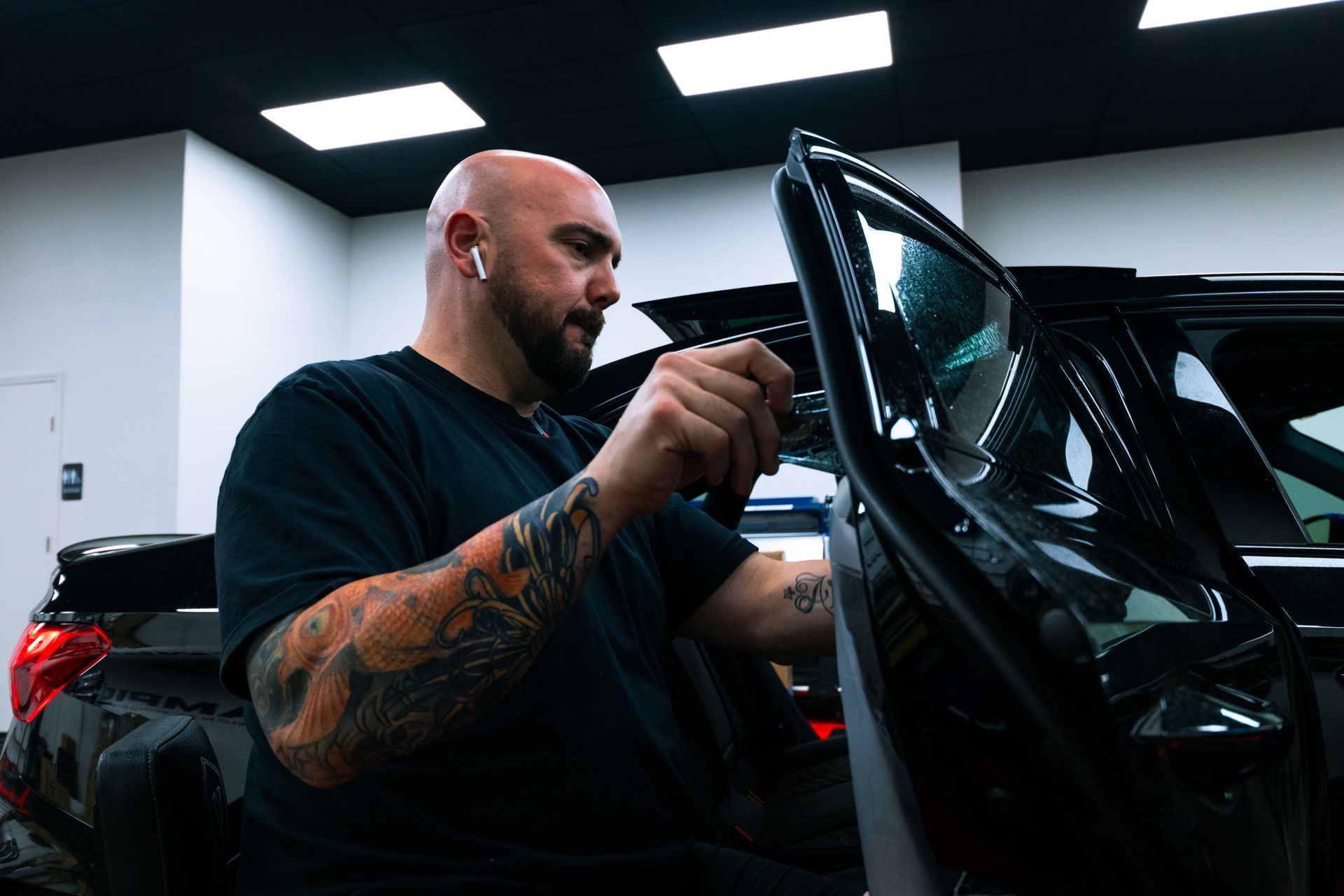
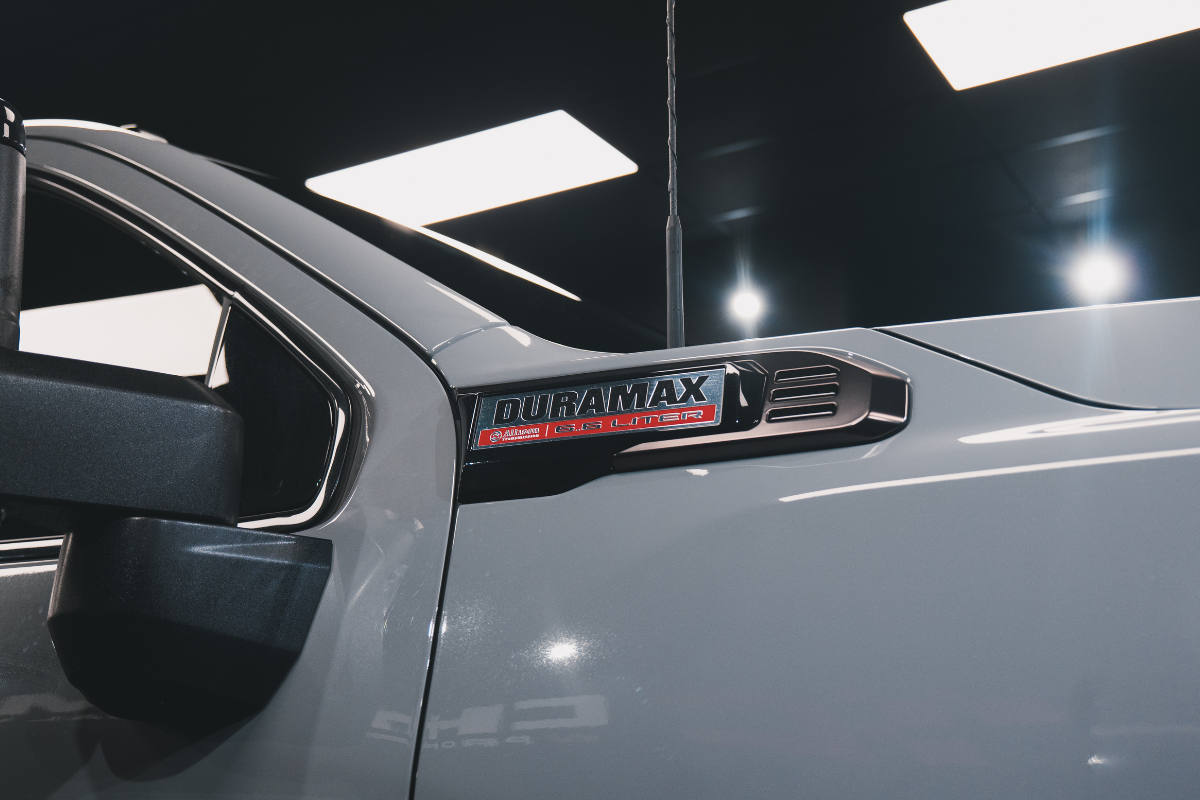
Even with a medical waiver, your vehicle may still be subject to law enforcement checks. Here are a few things to keep in mind:
- Carry documentation: Keep your exemption certificate or letter in your glove box in case you are stopped by law enforcement.
- Apply film legally: Work with an installer familiar with legal window tint NC requirements, including medical exemptions.
- Know the limits: While exemptions allow darker tints, there may still be restrictions on reflectivity or windshield tinting.
- Renew as needed: Some exemptions may be temporary, especially if your condition is expected to improve. Stay aware of expiration dates.
Why following the correct process matters
Applying for a medical tint exemption in North Carolina is a legal process designed to balance individual medical needs with public safety. Skipping steps or applying illegal tint without proper documentation could result in fines or your vehicle failing inspection.
By understanding North Carolina tint laws and following the waiver process properly, you can stay protected and avoid unnecessary complications.
Read more: Protect Your Car’s Finish with Ceramic Coating Protection
Need help with your window tint exemption in North Carolina?
Window tint isn’t just for looks or privacy. For some drivers, it’s a medical need. If sunlight affects your health, you may qualify for a window tint exemption in North Carolina.
The process is easier when you have the right team. At Champion Window Tinting, we understand the rules and know how to help. We’ve worked with many drivers to complete the paperwork and install tint that meets both legal standards and medical needs.
If you need help with the exemption or want professional tint installation, give us a call at (704) 275-2002 or visit us at 10415 Bailey Road in Cornelius, NC.
With the right documentation and a trusted installer, you can stay safe, comfortable, and fully compliant on the road.

